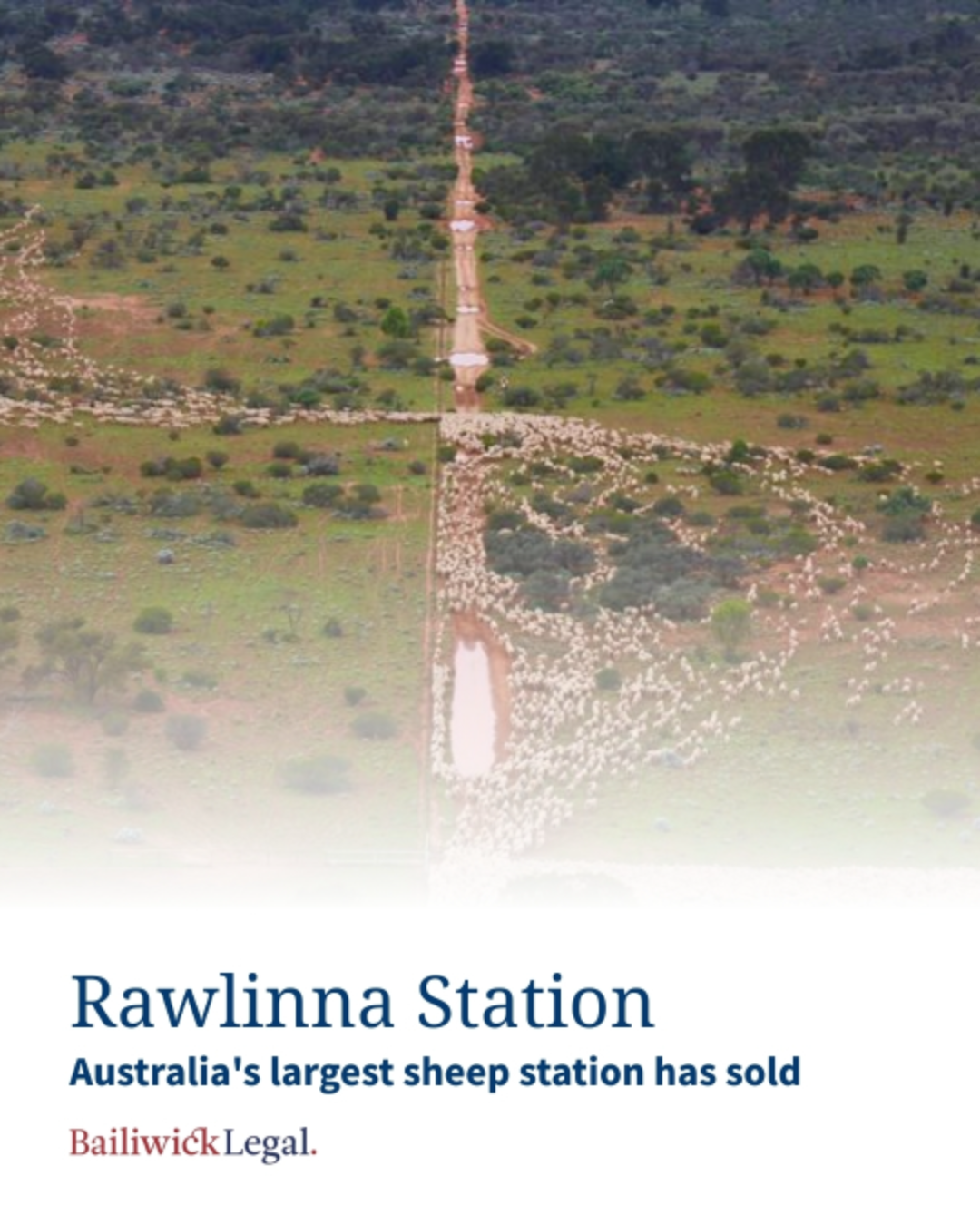Enduring Power of Attorney and Enduring Power of Guardianship
January 5, 2026
There are two types of powers of attorney, a power of attorney (also known as a POA) and an enduring power of attorney (also known as an EPA).

Previously we covered an overview of what a Will in Western Australia is, what the requirements are for a Will to be considered valid, and what are some of the consequences that come from passing away without a Will.
We will now cover some of the other documents that can be prepared when undertaking your estate planning.
Let’s have a look:
Enduring Power of Attorney
There are two types of powers of attorney, a power of attorney (also known as a POA) and an enduring power of attorney (also known as an EPA). The key difference between a POA and an EPA is that an EPA will continue to operate even if the person who made the document loses full legal capacity, unlike a POA where it will cease to be valid. For the purpose of this article we are going to focus on the EPA as this is more commonly used in estate planning environments.
An EPA is a legal document whereby the donor (person making the EPA) gives another person and/or organisation (the attorney) the authority to make legal, financial and property decisions on the donor’s behalf. It is largely used whenever an individual loses the ability to make independent decisions on account of an illness, injury or similar circumstance, and can be made by anyone over the age of 18 who has full legal capacity.
When making an EPA, you can appoint a primary attorney as well as substitute attorney. You can also make the attorney’s powers general or impose restrictions on the decisions that can be made on your behalf.
An EPA can come into effect either immediately upon the EPA being signed and witnessed, or only once the State Administrative Tribunal has made a declaration that the donor has lost legal capacity.
If the donor has property, it is important to note that the EPA must be lodged with Landgate in order for the attorney to be able to deal with the donor’s property. Ideally this should be undertaken within 3 months of the EPA being signed by the donor, otherwise Landgate will require additional documents to be lodged together with the EPA to affirm its validity.
Enduring Power of Guardianship
Another legal document to be considered is the enduring power of guardianship (also known as an EPG).
An EPG is a legal document whereby the donor (person making the EPG) gives another person (the guardian) the authority to make personal, lifestyle and treatment decisions on the donor’s behalf. To make an EPG, the donor again must be 18 years of age or older and have full legal capacity.
When making an EPG, you can appoint a primary guardian as well as substitute guardian. You can also make the guardian’s powers general or impose restrictions on the decisions that can be made on your behalf.
Unlike an EPA, an EPG will only become effective after a person has been declared legally unable to make their own decisions and is not required to be registered with Landgate or any other third party. An EPG.
Conclusion
Life is unpredictable so it’s recommended to make use of the instruments available to you to protect your rights and interests not only when you pass, but also whilst you are alive but are not able to make your own decisions.
This is what these documents seek to achieve, largely through using the trust-based relationships already present in your life, which means that whoever you name in these documents should be very well picked.
There are a number of formalities that need to be addressed when undertaking these documents so it is recommended you engage professional advice in order to ensure your rights and interests are adequately addressed. You can always count on the guidance and advice from Bailiwick Legal in this space, so feel free to contact us through this link should you have any queries.
The contents of this article does not constitute legal advice, is not intended to be a substitute for legal advice and should not be relied upon as such. It is designed and intended to provide general information in summary form on legal topics, current at the time of publication, for general informational purposes only. The material may not apply to all jurisdictions. You should seek legal advice or other professional advice in relation to any particular matters you may have.
By Danielle Edwards (Senior Associate)

Bailiwick Legal Advises on Landmark Acquisition of Rawlinna Station by Consolidated Pastoral Company












